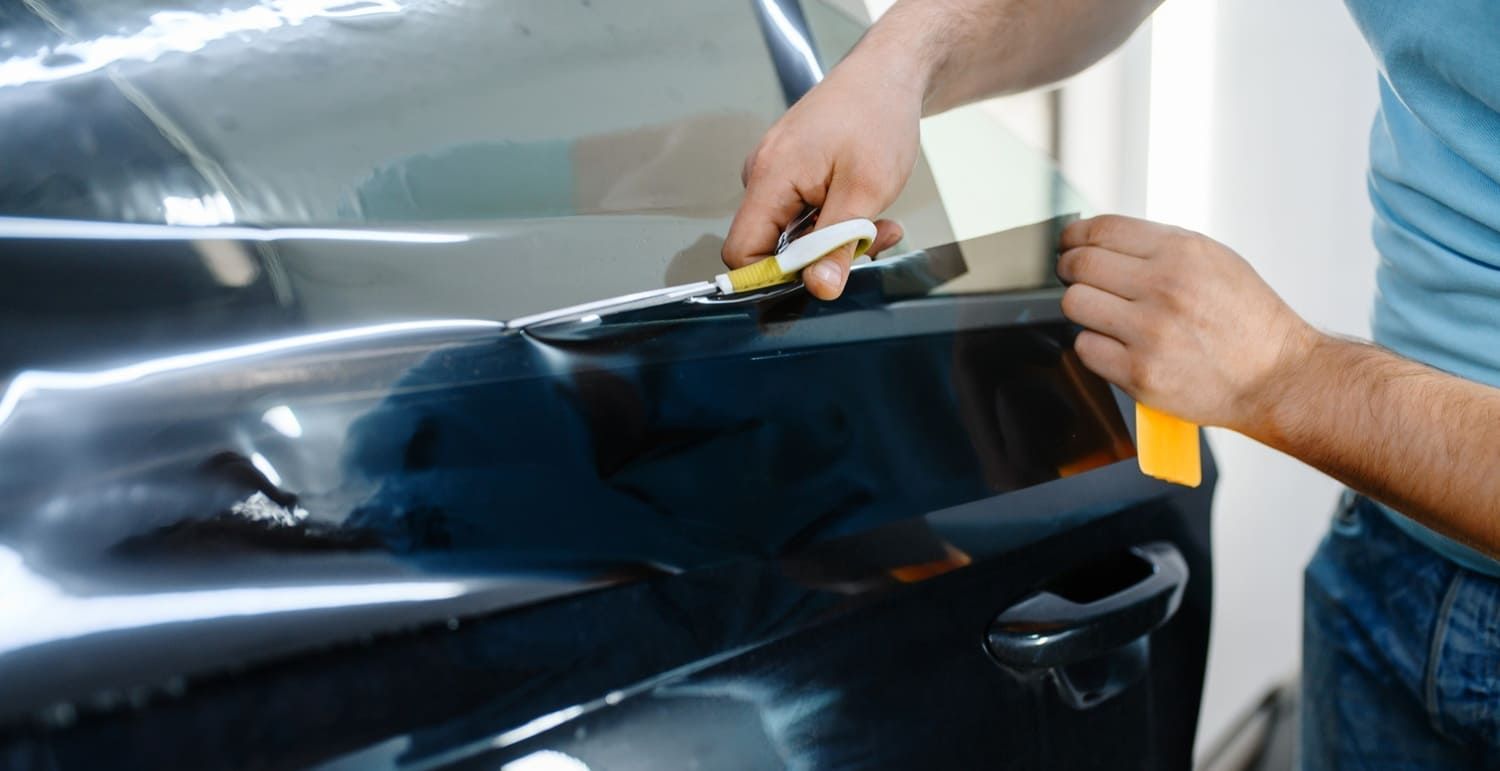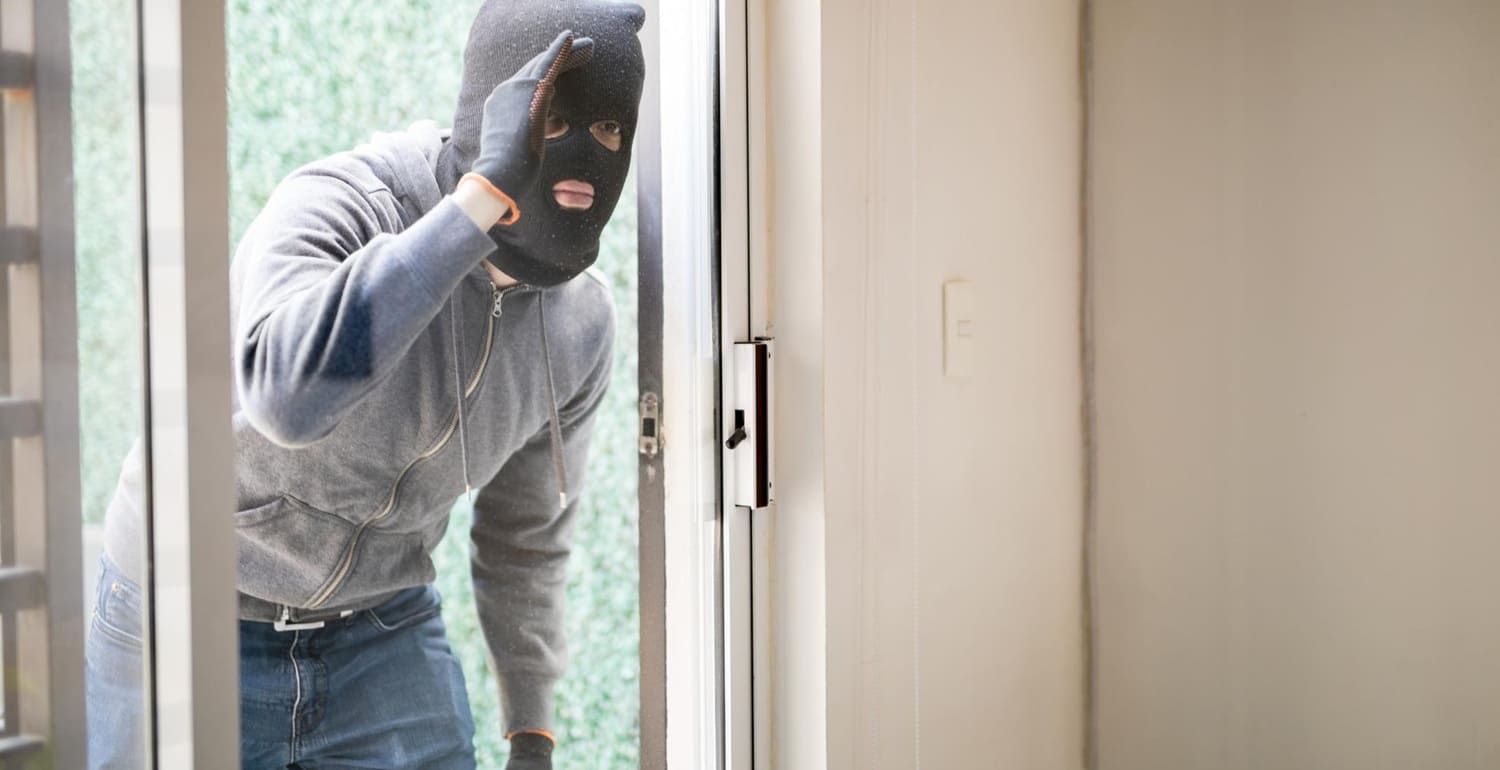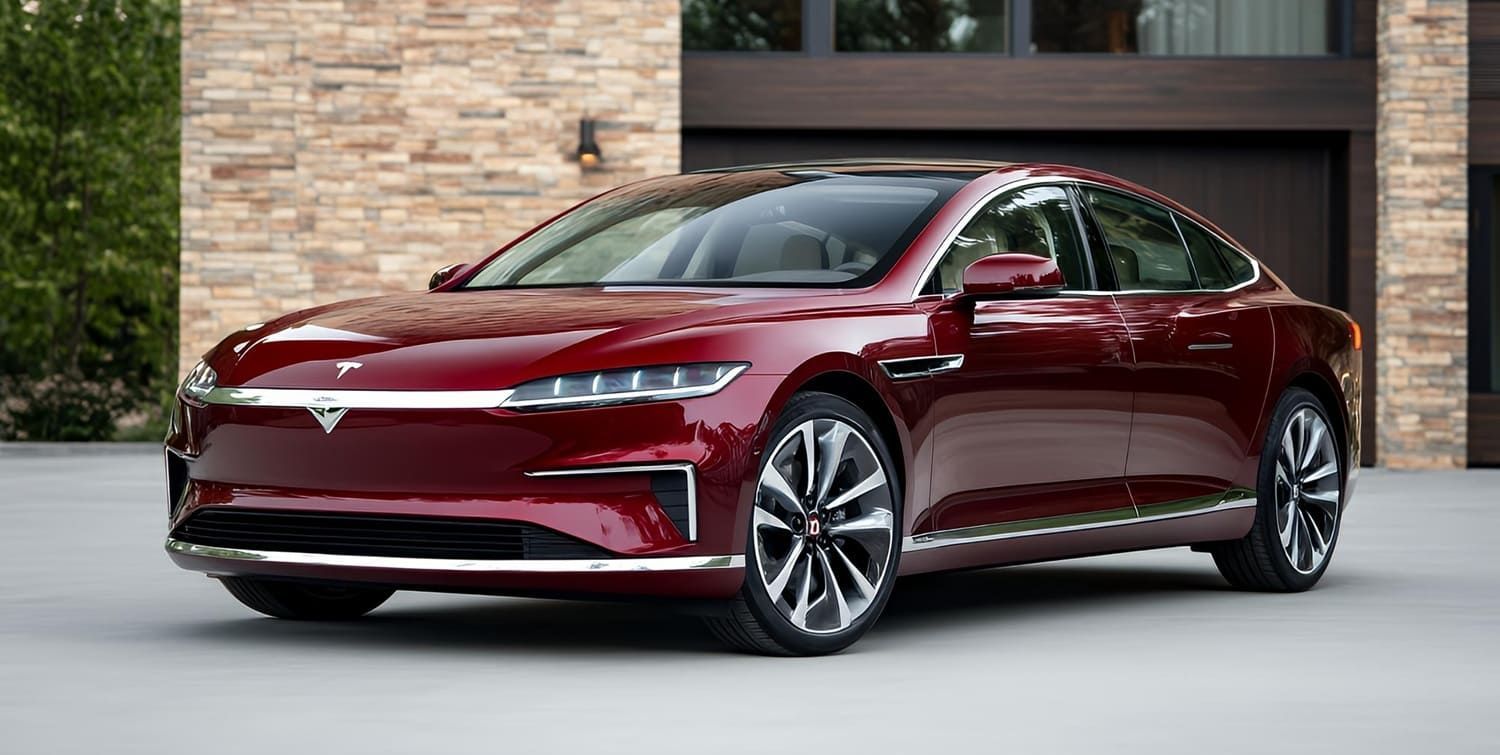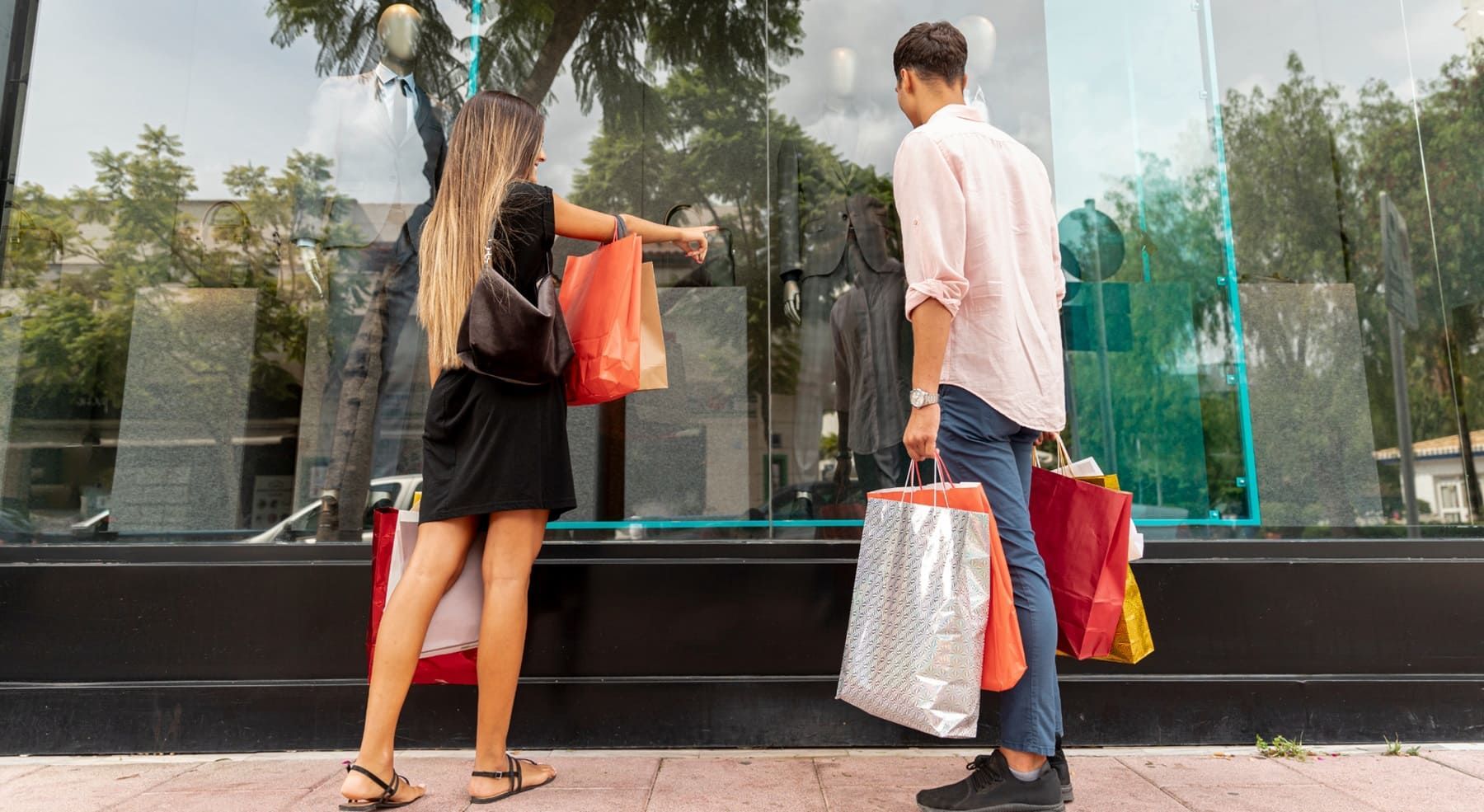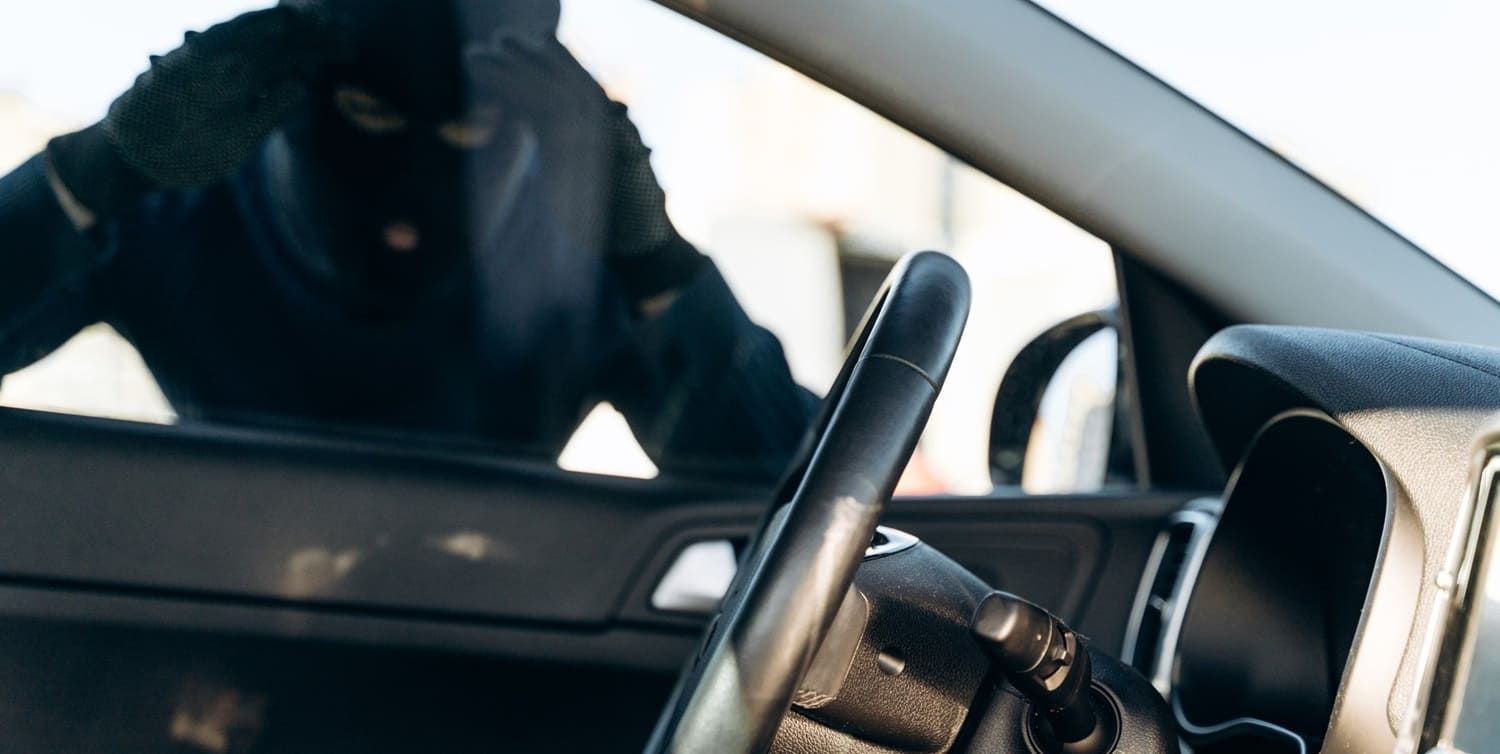How to Handle Window Tint Fading Causes and Solutions
Window tinting is a popular choice for many car owners and homeowners looking to enhance privacy, reduce glare, and protect interiors from harmful UV rays. However, over time, window tints can fade, diminishing their effectiveness and aesthetic appeal. Understanding the causes of window tint fading and exploring effective solutions can help maintain the longevity and appearance of your window tints.
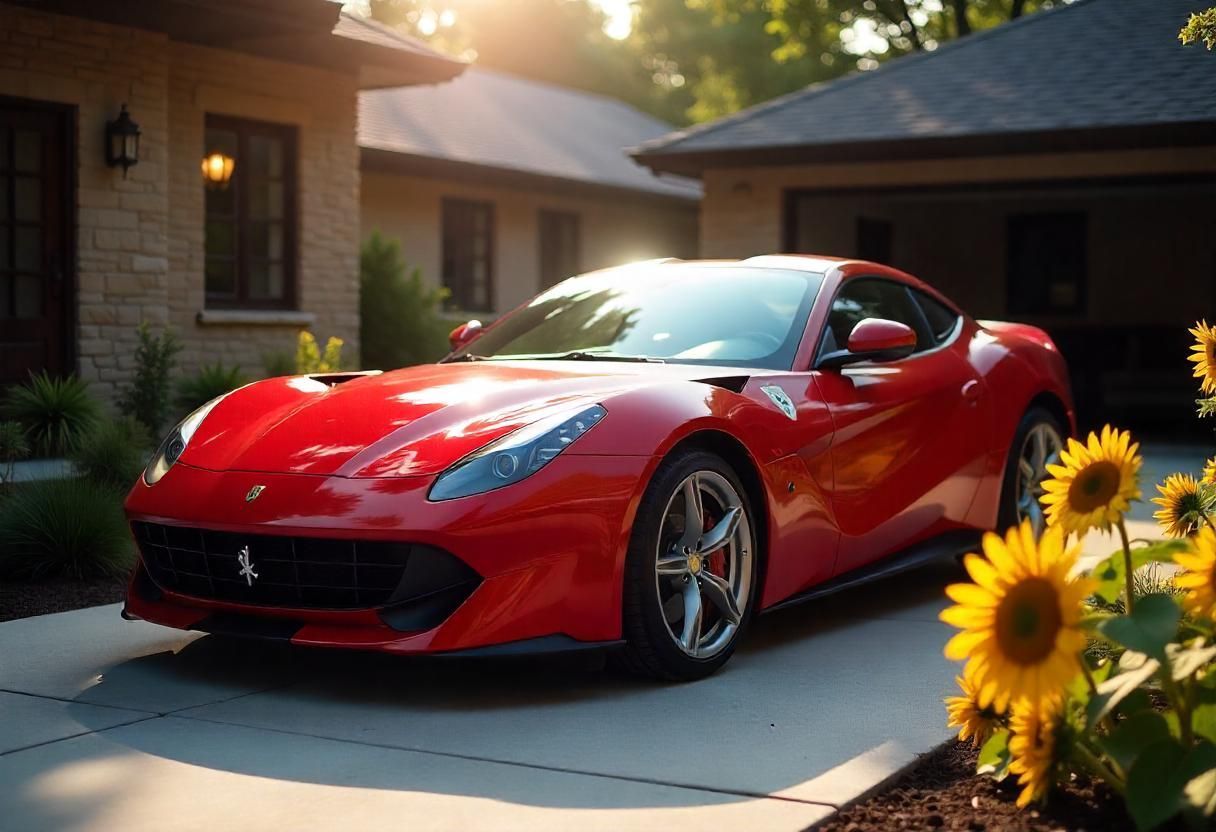
What Causes Window Tint Fading?
Window tints are subjected to various environmental factors that can lead to fading. Here are some common causes:
Ultraviolet (UV) Rays
UV rays from the sun are the primary culprit behind window tint fading. These rays can penetrate the tint film and degrade the dyes and materials used in the tint, causing them to lose their color and effectiveness over time.
Heat
Heat, often accompanied by UV rays, can accelerate the fading process. Prolonged exposure to high temperatures can weaken the adhesive used to apply the tint, leading to bubbling and peeling, which further contributes to fading.
Poor Quality Tint
Not all window tints are created equal. Low-quality tints are more susceptible to fading because they lack the protective coatings and materials that prevent UV penetration. Investing in high-quality tints can mitigate fading significantly.
Chemical Exposure
Cleaning products that contain harsh chemicals can also contribute to window tint fading. When these chemicals come into contact with the tint film, they can cause discoloration and weaken the tint's structure.
Solutions for Preventing Window Tint Fading
While some fading is inevitable, there are several steps you can take to minimize the extent of fading and prolong the life of your window tints.
Choose High-Quality Tints
Investing in high-quality window tints is the first line of defense against fading. Look for tints that offer UV protection and come with warranties. These tints are typically made from superior materials that can withstand UV exposure and resist fading.
Apply UV Protection Tint
UV protection tints are specifically designed to block harmful UV rays, which are the main cause of fading. These tints not only prevent fading but also protect your skin and reduce heat inside your car or home.
Park in the Shade
Whenever possible, park your vehicle in shaded areas or use a car cover to protect it from direct sunlight. This simple step can significantly reduce UV exposure and slow down the fading process.
Use Window Shades
For homeowners, using curtains, blinds, or window shades can shield your windows from direct sunlight. This not only protects the tint but also helps in reducing indoor heat and protecting furniture from UV damage.
Regular Maintenance and Cleaning
Clean your tinted windows regularly with mild, tint-safe cleaners. Avoid using ammonia-based products or harsh chemicals that can degrade the tint film. Using a soft microfiber cloth can prevent scratches and prolong the tint's lifespan.
Repairing Faded Window Tints
If your window tint has already started to fade, there are repair options available to restore its appearance and functionality.
Tint Replacement
In cases of severe fading, replacing the tint may be the best solution. Professional tinting services can remove the old tint and apply a new, high-quality film. This ensures that your windows are protected and look their best.
DIY Repair Kits
For minor fading and small damages, DIY repair kits are available. These kits typically include cleaning solutions, adhesive patches, and instructions for reapplying or repairing the tint. However, the results might not be as durable or seamless as professional services.
Professional Repair Services
Engaging professional repair services can provide a more comprehensive solution for faded window tints. Professionals have the expertise and tools to assess the condition of your tint and recommend the best course of action, whether it's repair or replacement.
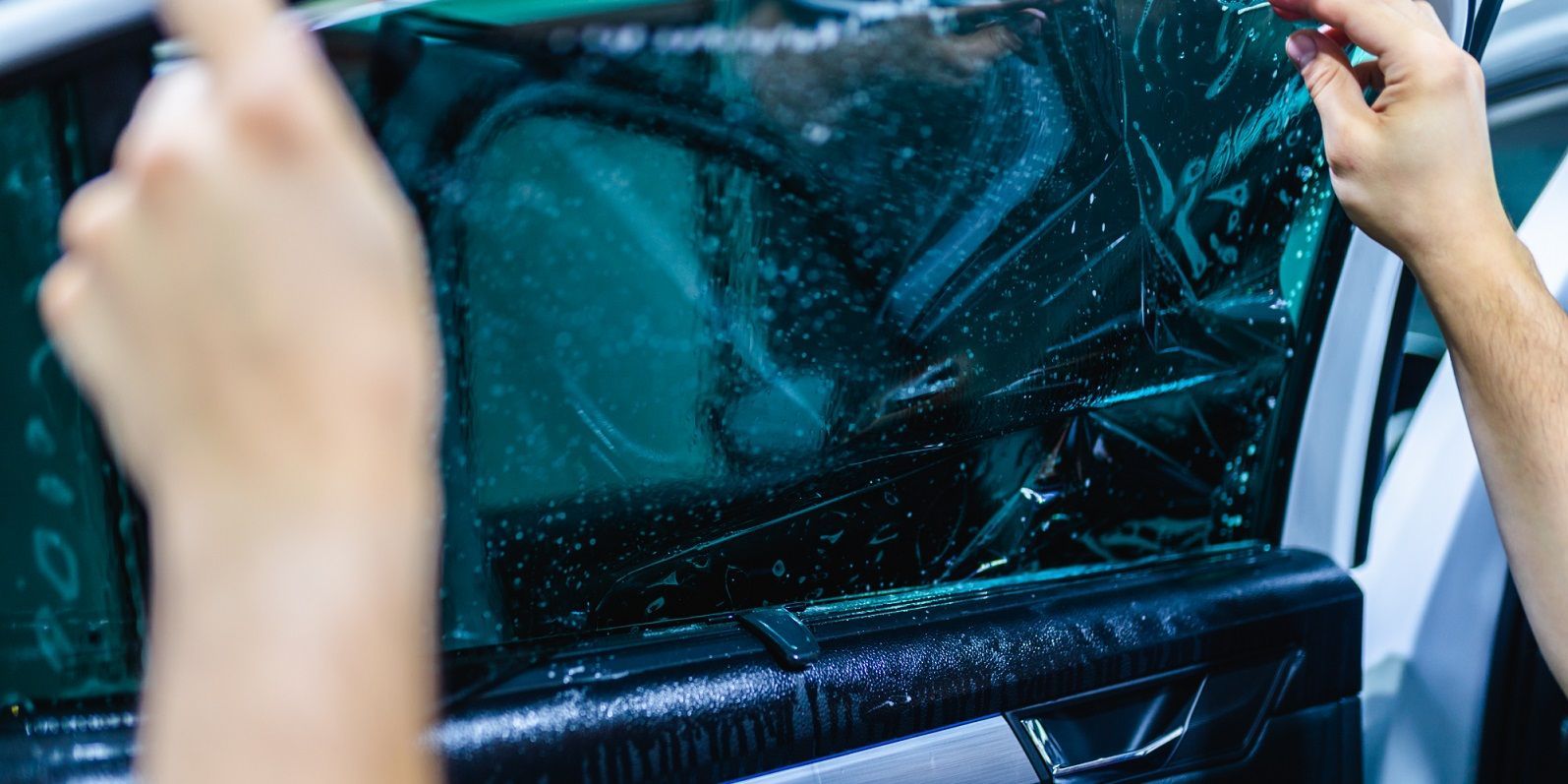
Benefits of Maintaining Your Window Tints
Keeping your window tints in good condition offers several benefits beyond aesthetics.
Improved Aesthetics
Well-maintained window tints enhance the appearance of your vehicle or home, giving it a sleek and modern look. Faded tints can make windows look worn out and unkempt, detracting from the overall appearance.
Enhanced UV Protection
Preserving the integrity of your window tints ensures that you continue to receive protection from harmful UV rays. This not only protects your skin but also prevents interior damage and fading of upholstery.
Increased Privacy and Security
Tinted windows offer an added layer of privacy by obstructing the view from the outside. Maintaining your tints ensures that this privacy barrier remains intact, while also providing security by making it harder for potential intruders to see inside.
Energy Efficiency
Window tints can help regulate indoor temperatures by reducing heat gain from sunlight. Well-maintained tints enhance energy efficiency, leading to lower cooling costs and a more comfortable environment.
Conclusion
Window tint fading is a common issue, but with the right preventive measures and solutions from Flying Window Tinters in Longwood, FL, you can prolong the life and effectiveness of your tints. As authorized installers of LLumar SelectPro FormulaOne Films, we offer high-quality window tinting services that provide superior protection and durability.
By investing in our premium tints, applying UV protection, and practicing regular maintenance with the help of Flying Window Tinters, you can enjoy the benefits of window tinting for years to come. Whether you're dealing with slight fading or need a complete tint replacement, our expert team is here to guide you through your options, ensuring you make informed decisions to keep your windows looking their best.
Understanding your options and choosing the right solutions from Flying Window Tinters ensures that your window tints remain effective and visually appealing. Don’t let fading detract from your vehicle’s appearance and functionality—trust the professionals at Flying Window Tinters to maintain and enhance your window tints.
Contact Flying Window Tinters today in Longwood, FL for your free estimate and discover how our LLumar FormulaOne Films can keep your windows in optimal condition.

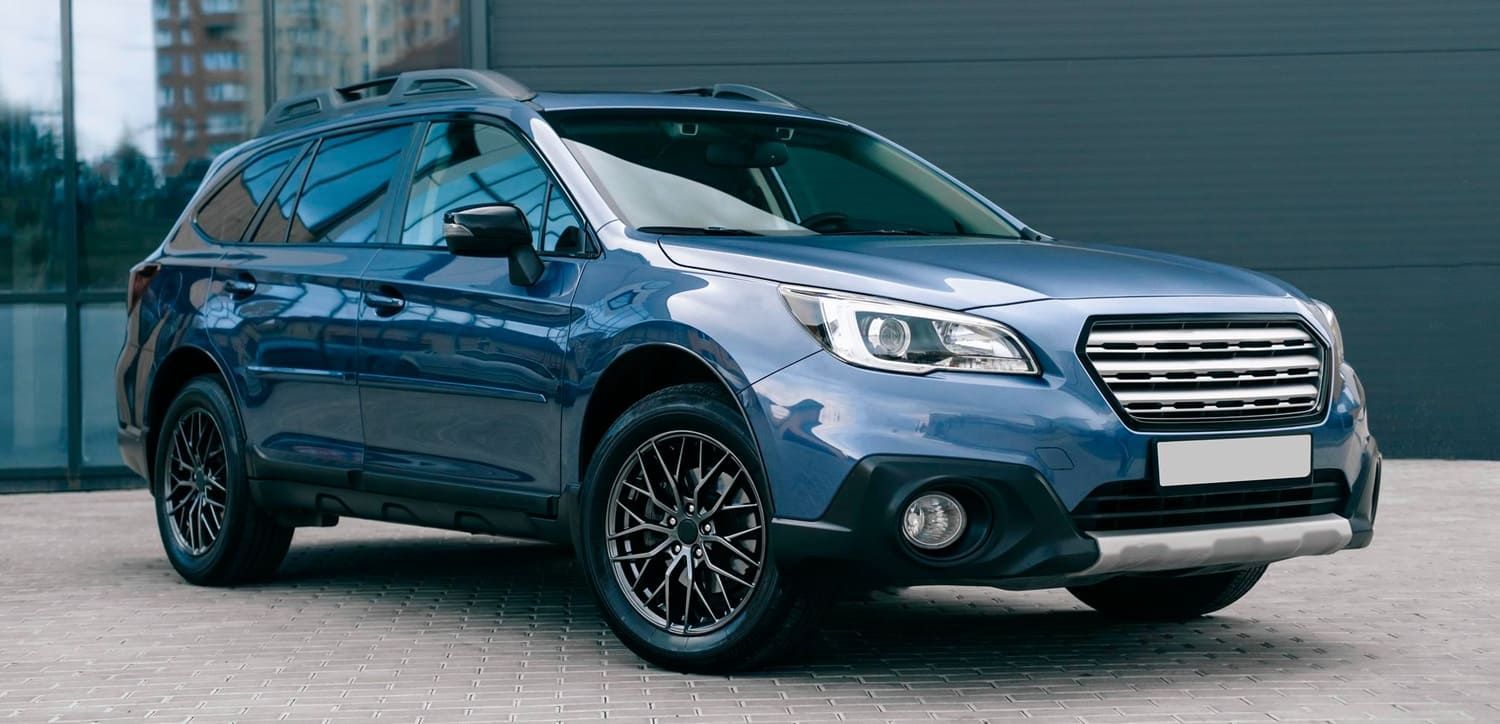

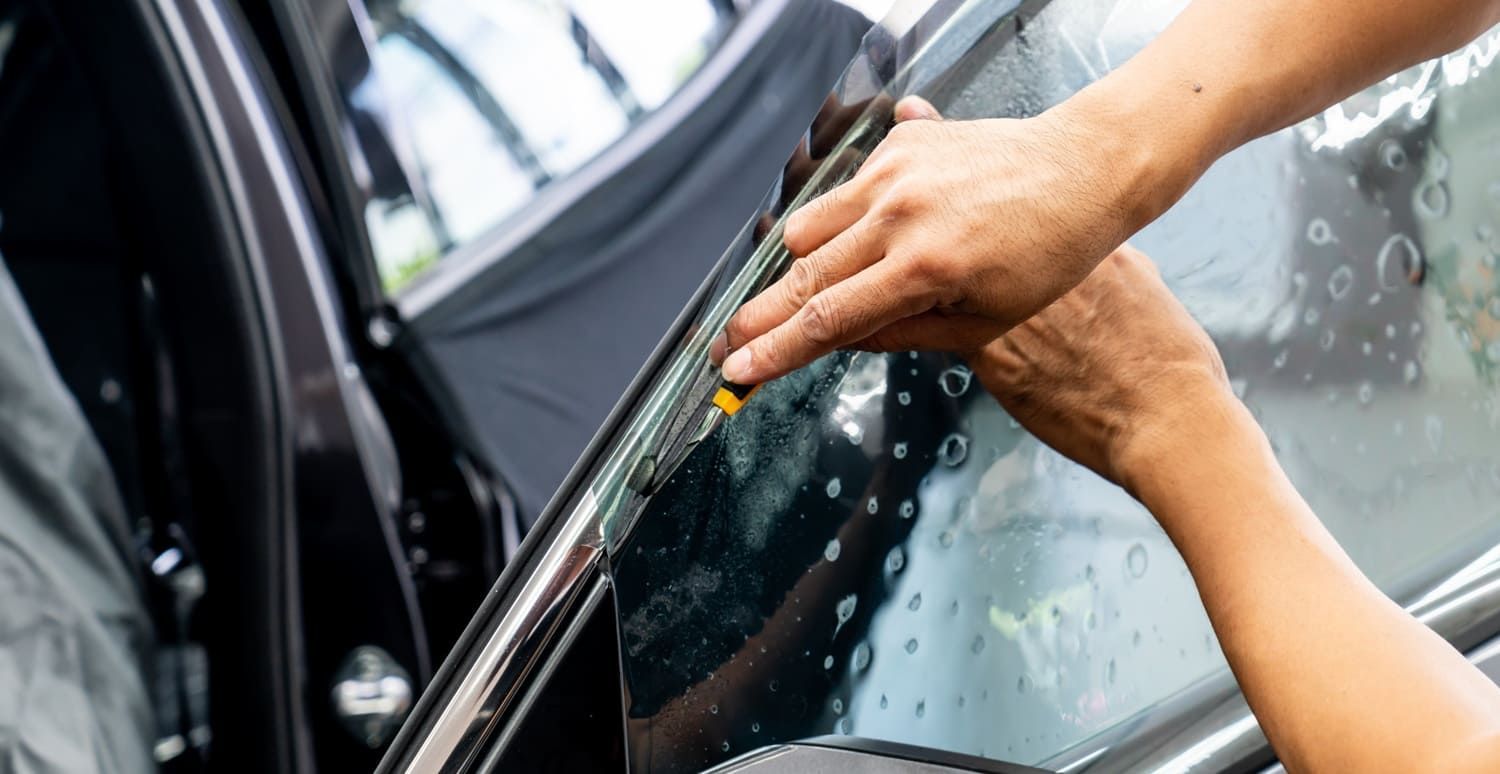








All Rights Reserved | FLYING WINDOW TINTERS


